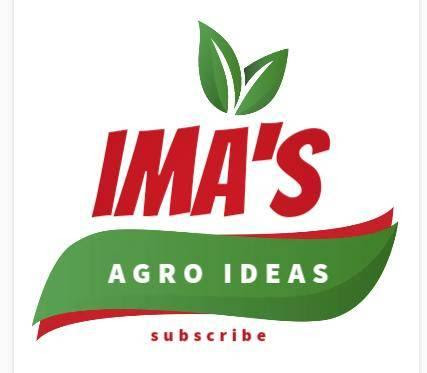What do you understand by Field Crops?
Field crops (small grains, maize, fiber crops, hay, and pasture).
Field crops include maize, sorghum, soybeans, wheat, barley, cotton, potatoes, sugar beets, sugar cane, hay, pasture, and many others. Traditionally, raw animal manures are used to supply nutrients and maintain favorable soil properties for these crops, which often cover vast areas of land.
In many locations, compost application to field crops is uncommon because sources of raw animal manure are typically more abundant, and similarly suitable as a soil amendment.
Turning raw animal manure into compost is costly, and farms are often not inclined to pay higher prices for compost. However, there is an increasing supply of composted animal manures, which can be co-composted with municipal or commercial organic residues.
Composting of manure from intensive animal operations can provide marked benefits for both manure producers and compost users. However, there are situations where the land application of compost, rather than manure, makes sense for farms.
Compost can be less costly to apply to remote fields than raw animal manure as it is a drier, lighter, and a more concentrated package of organic matter and nutrients compared to raw manure. If it is sufficiently dry, compost can be spread with broadcast-style spreaders.
Compost releases less odor and attracts fewer flies than un-composted animal manure. Because of its reduced N availability, compost is well-suited to N-fixing crops like alfalfa and soybean.
Watch the video for More:

No comments:
Post a Comment